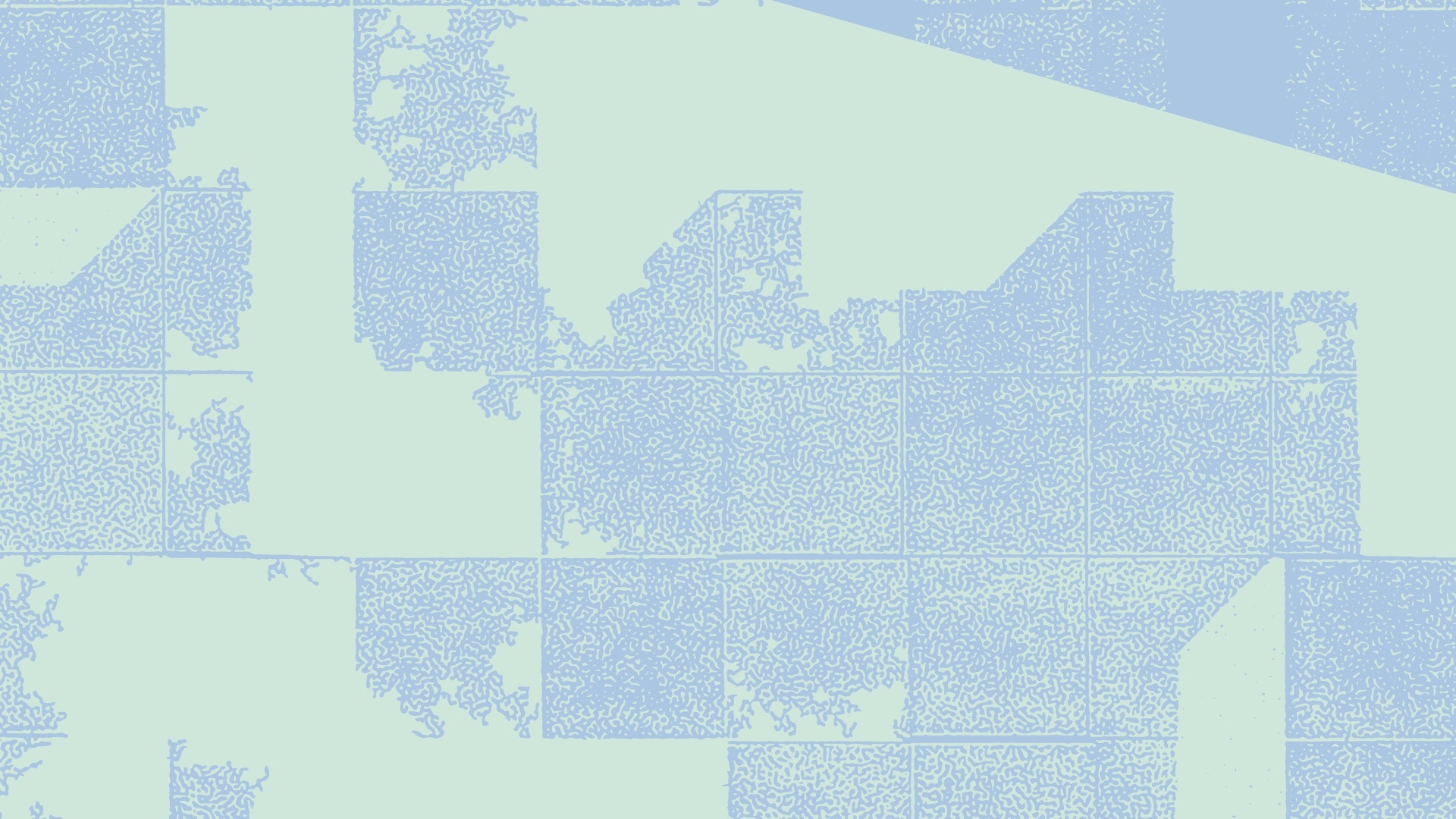PHI Immersive Residency Program is now open for submissions. submissions Deadline : June 25, 2024
PHI Immersive is a 4-week intensive residency program with PHI Studio in Montréal (Canada) that is centred on the development phase of an immersive project, including but not limited to new media, extended reality technologies (VR, AR, MR), AI driven projects, and immersive sound or audio.
The selected artist will work alongside PHI Studio specialists to conceptualize, plan, and prototype their project. Throughout the residency, the project will receive personalized support, workspace, and select resources to develop and refine its concept, create a prototype, and prepare the project for eventual production.
Selected applications will receive
- Support for project development: Tailored support and mentorship from PHI Studio during the residency that may include conceptualization, creation, scenography, production, technical, development and programming support, or other PHI Studio.
- Access to PHI resources: Access to certain PHI material, technical and technological resources during the residency, depending on their availability.
- Video profile production: Creation of a video profile to be broadcast across PHI networks (social media, website, etc.).
- Network access: Leveraging PHI’s extensive network of collaborators.
- The PHI Immersive program does not include funding. PHI Immersive is a residency where the support provided comes via access to mentors, facilities, expertise, and networks. If you are applying for external funding or bursaries, they are happy to help with any official documentation that you might need.
Some examples of the kind of support you’ll receive
- Creation
- Narrative development, including XR storytelling approaches, worldbuilding, and refining creative projects’ intent and conceptual underpinnings.
- Development
- Software development with creative tools such as Unity and TouchDesigner, research of interactive design, creation of interactive projections, development of XR applications, programming of backend infrastructures, creative application of generative AI (images, video, audio, and text).
- PhysicalIntegration
- Analyzing technical requirements, creating 3D models of the space, assisting with installation and prototyping, clarifying and refining scenographic intentions, A/V integration, more profound understanding of user experience and flow in a multi-user context, and choosing materials, technology, and lighting.
- Production and Distribution
- Consultancy to bring creative works to market, exhibitions, and galleries. Artists will learn market trends, platforms, strategies, budgeting and pricing, and specialized feedback.
- In addition to the in-house team, PHI Studio collaborates with a network of external partners in various relevant adjacent fields such as artificial intelligence (AI), motion capture (MoCap), storyboarders, dramaturgists, and interactive projection mapping. These partnerships allow for specialized expertise and resources, depending on the needs of the selected project.
- In addition to the human expertise, PHI Studio offers access to a wide range of cutting-edge technologies to support the development of immersive projects. This includes formats such as virtual reality (VR), augmented reality (AR), mixed reality (MR), immersive audio, interactive projection mapping, and AI-driven experiences. The studio has state-of-the-art tools, materials, and facilities to facilitate experimentation and innovation in immersive storytelling.
PHI Immersive 2024-2025
- Residency location: Montréal, Québec, Canada
- PHI Immersive residency period: March 3 to 28, 2025 (4 weeks)
- Schedule Overview
- Week 1 – Amplify and shape
- During this phase, the artist immerses themselves in the world of the PHI Studio, connecting with its team to elaborate, explore and develop the concept and establishing the production schedule and specify the stages, framework and form of the project.
- Week 2 – Conceive and iterate
- This phase marks the start of the development of the concept of the work. The artist, supported by the PHI Studio expertise, explores the possible design and forms of the experience, within the presentation context.
- Week 3 – Prototype and adjust
- The artist undergoes a five-day sprint in the form of a workshop to develop and design the user experience of the project, the technical operations, and the start and end of the experience with the support of the PHI Studio team.
- Week 4 – Optimising and planning what’s next
- The artist takes part in a second five-day sprint and carries out iterations on the first prototype. After a meeting with the funding team, the artist draws up a financial plan and targets funding opportunities for the rest of the project.
- Week 1 – Amplify and shape
Eligibility Requirements
- Be an established or emerging local or international artist or small production company.
- Have an immersive project in the development phase and want to carry it out as part of the residency.
- Collectives of artists are eligible (up to 4 members). The conditions offered remain the same as solo artists.
For more information, visit PHI Foundation for Contemporary Art.

Leave a Reply